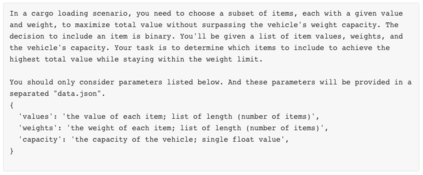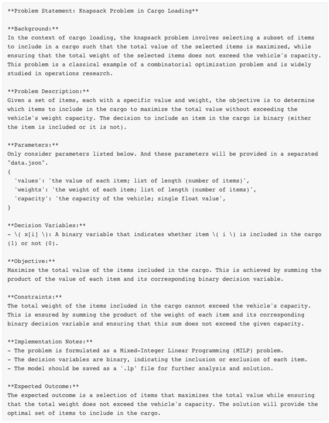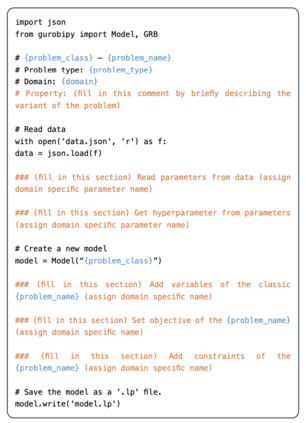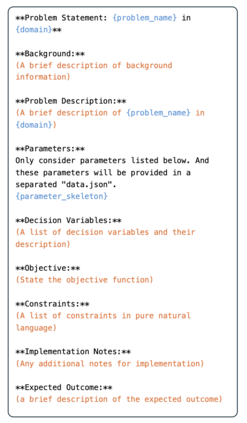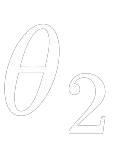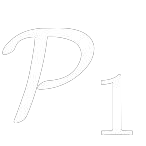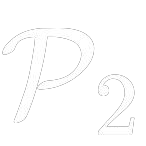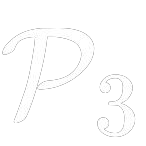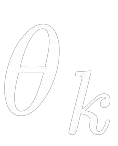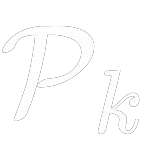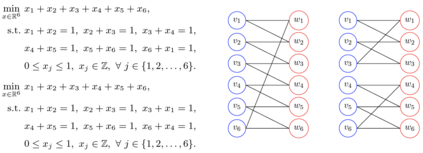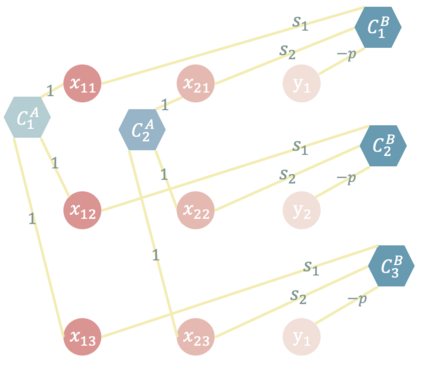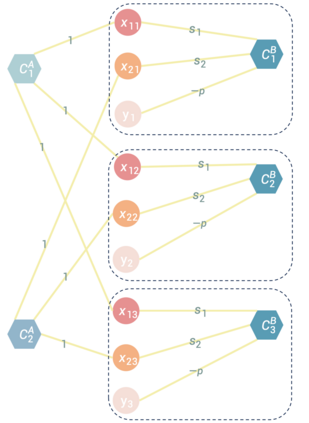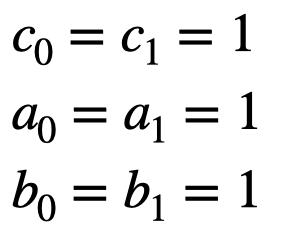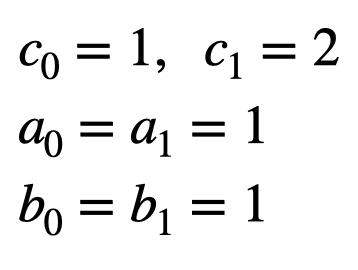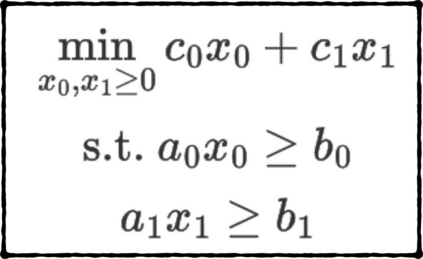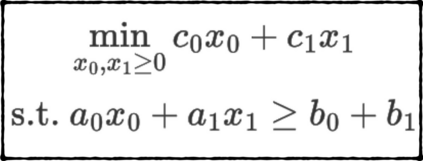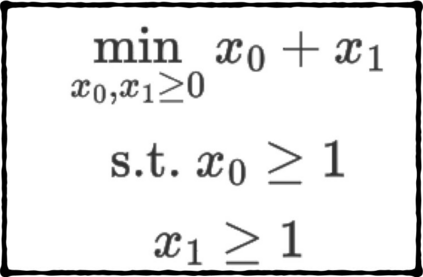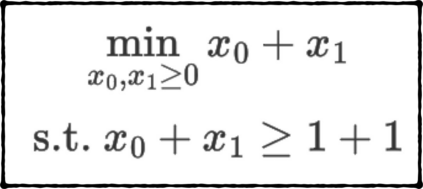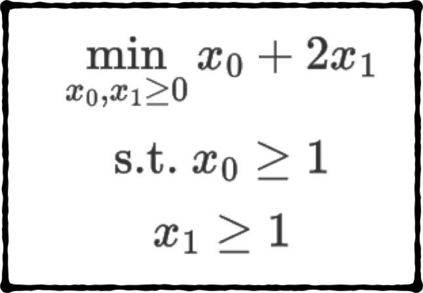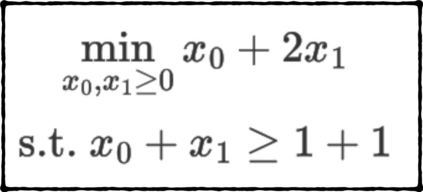Formulating optimization problems for industrial applications demands significant manual effort and domain expertise. While Large Language Models (LLMs) show promise in automating this process, evaluating their performance remains difficult due to the absence of robust metrics. Existing solver-based approaches often face inconsistency, infeasibility issues, and high computational costs. To address these issues, we propose ORGEval, a graph-theoretic evaluation framework for assessing LLMs' capabilities in formulating linear and mixed-integer linear programs. ORGEval represents optimization models as graphs, reducing equivalence detection to graph isomorphism testing. We identify and prove a sufficient condition, when the tested graphs are symmetric decomposable (SD), under which the Weisfeiler-Lehman (WL) test is guaranteed to correctly detect isomorphism. Building on this, ORGEval integrates a tailored variant of the WL-test with an SD detection algorithm to evaluate model equivalence. By focusing on structural equivalence rather than instance-level configurations, ORGEval is robust to numerical variations. Experimental results show that our method can successfully detect model equivalence and produce 100\% consistent results across random parameter configurations, while significantly outperforming solver-based methods in runtime, especially on difficult problems. Leveraging ORGEval, we construct the Bench4Opt dataset and benchmark state-of-the-art LLMs on optimization modeling. Our results reveal that although optimization modeling remains challenging for all LLMs, DeepSeek-V3 and Claude-Opus-4 achieve the highest accuracies under direct prompting, outperforming even leading reasoning models.
翻译:暂无翻译














